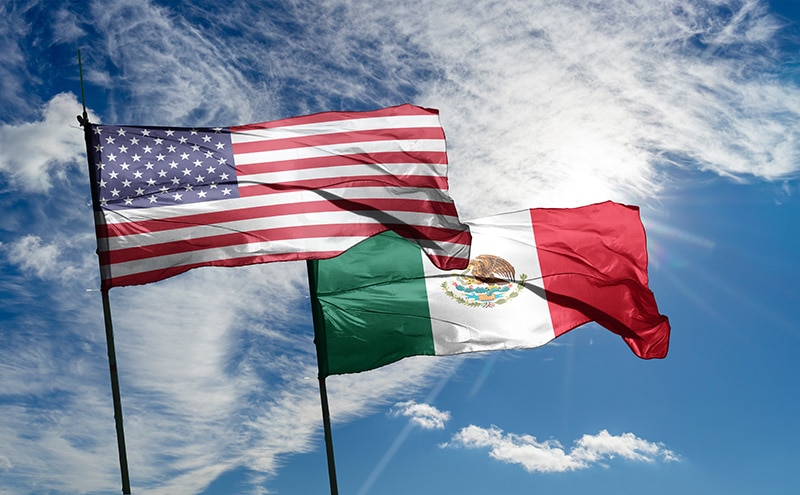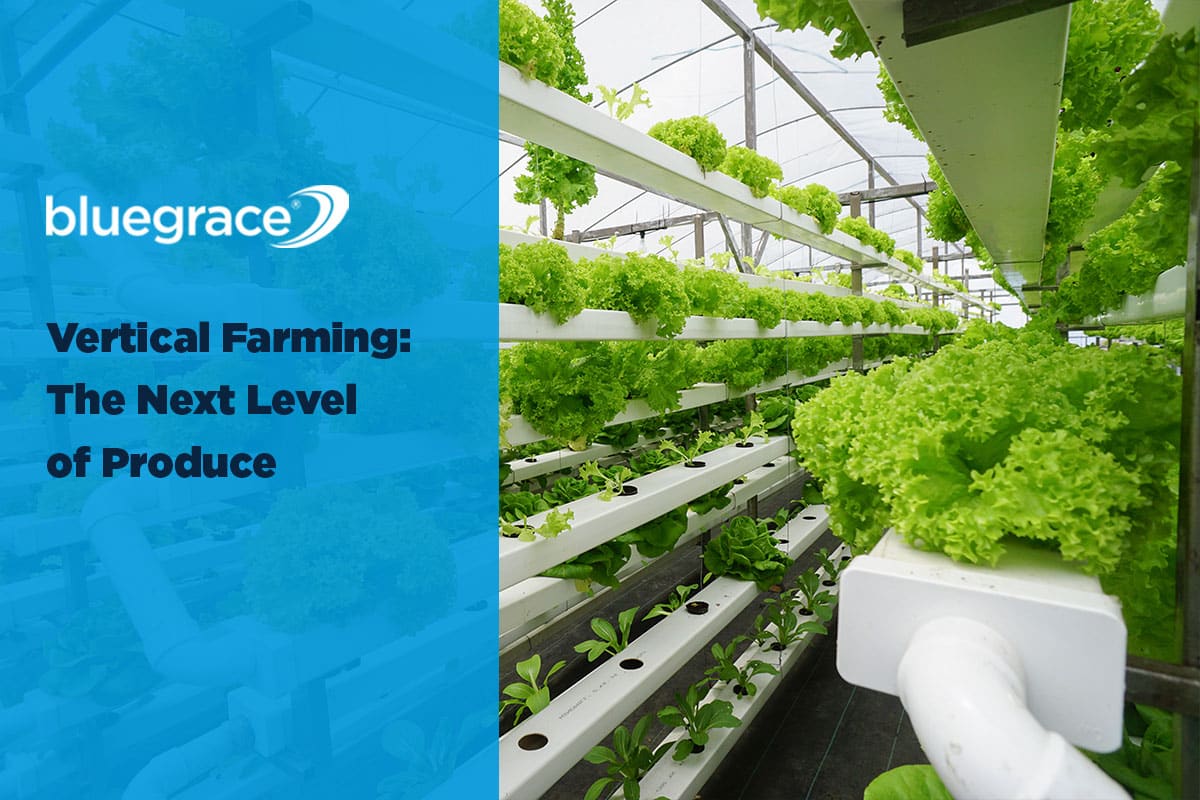

The overall Consumer Price Index (CPI) has seen a nominal increase of 0.1 percent for the 12 month period ending May 2020, according to the U.S. Bureau of Labor Statistics. While this is an average across all measured goods and services, food is showing something completely different. According to the CPI, the total food index has increased by 4.0 percent while the food at home index has jumped up by 4.8 percent.
Month-over-month, there has been an increase in the cost of food, most notably a 3.7 percent increase for meats, poultry, fish, and eggs. Beef, in particular, has seen a massive up jump at 10.8 percent, the largest monthly increase ever.
Month-over-month, there has been an increase in the cost of food, most notably a 3.7 percent increase for meats, poultry, fish, and eggs. Beef, in particular, has seen a massive up jump at 10.8 percent, the largest monthly increase ever. This created an obvious concern for increasing prices in consumers and retailers alike, both of which are bracing themselves for further price increases as food production struggles with a myriad of issues, ranging from plant closures to the loss of farm labor.
While we can attribute at least some of the CPI increases due to more people dusting off their cookbooks during the quarantine period, there are other issues to consider as well. Arable land is subject to both inconsistent weather conditions as well as natural disasters. For example, an unexpected frost can wipe out an entire crop causing a significant delay in production and output. While that’s not great for farmers, it can also create shortages in the food market at both the consumer and commercial level. However, that might be an issue of the past before too much longer as indoor, vertical farms begin to take root.
Growing UP with the Fifth Season
For the uninitiated, vertical farming (as we are discussing) is the concept of growing consumables in a stacked and modular fashion which drastically increases crop yield per acre than traditional farming.
“Vertical farming is actually a rather old idea. Indigenous peoples used vertically layered growing techniques like the rice terraces of East Asia. The term vertical farming was coined by American geologist Gilbert Ellis Bailey in 1915. In 1999, Dickson Despommier, a professor at New York’s Columbia University, popularized the modern idea of vertical farming, building upon the idea together with his students,”
Not only is the indoor farming movement growing, it’s thriving.
“It is the inefficiencies across the supply chain from farm to truck to packer to supermarket and foodservice that has fueled the burgeoning indoor farming industry, which in 2017 accounted for $106.6 billion and expected to reach $171.12 billion by 2026 growing at a CAGR of 5.4 percent during this period, according to the Worldwide Indoor Farming Market Report,” according to a recent article from Forbes.
Fifth Season is an indoor farming company, based just outside of Pittsburgh Pennsylvania, combines vertical farming concepts with proprietary robotics and artificial intelligence.
While neither indoor nor vertical farming is anything new, after all greenhouses have been around since the 1800s, Fifth Season is taking vertical farming to a whole new level. Fifth Season is an indoor farming company, based just outside of Pittsburgh Pennsylvania, combines vertical farming concepts with proprietary robotics and artificial intelligence. CEO and co-founder of Fifth Season, Austin Webb, is looking to disrupt the nation’s produce market by creating a completely new category of “hyper-local” fresh produce. Currently, two of Fifth Seasons’ biggest clients are the Giant Eagle supermarket chain and Whole Foods.
At 25,000 sq.-ft growing space, Webb’s company is seeing double the yield of traditional vertical farms, almost 500,000 lbs of produce in the first full year of operation. What’s even more impressive is the produce is grown using 95 percent less water and 97 percent less land than conventional farming. All of which is grown without the need for pesticides and has an average shelf life that lasts for weeks instead of a few days that is normal for shipped produce.
A New Future for Farming Supply Chain
Unfortunately for produce, the supply chain just isn’t nearly efficient enough for large scale distribution. Produce is typically harvested, then loaded onto a truck to be shipped for packing or processing. From there it’s loaded onto another truck before it reaches its final destination. That leads to a higher risk of spoilage and shrink. Fifth Seasons use of machine learning, AI, and computer vision gives them the ability to track and trace down to an individual tray within their farm. Webb says this gives his company and its customers a whole new level of transparency that wasn’t previously available. The technology creates information from “seed, to harvest, to package, to a doorstep, to a table (or store shelf).”
This is about more than just fresh vegetables, however. This level of vertical farming has some interesting implications for the supply chain as a whole.
This is about more than just fresh vegetables, however. This level of vertical farming has some interesting implications for the supply chain as a whole. For starters, it drastically cuts down on the total mileage that fresh produces need to travel which, in turn, lowers overall food costs and transportation costs for customers. Moreover, hyper localization of production could lead to an interesting shift in logistics and food production in general.
A Cool Move for BlueGrace
Produce, like many perishables, requires the use of refrigerated trucks to keep goods fresh as they travel across the country. With vertical farms like Fifth Season boasting such a prodigious level of production, the need for reefer units will be that much greater. That is why we are proud to announce our newest acquisition, Anthym Logistics which has significantly bolstered our refrigerated truckload capacity for our customers. To learn more about Anthym and BlueGrace or to see how we can help your operations, visit us here.
Call us at 800.MYSHIPPING or fill out the form below to set up a consultation with one of our supply chain experts who can help you springboard your agricultural logistics operation into 2020 and beyond.


